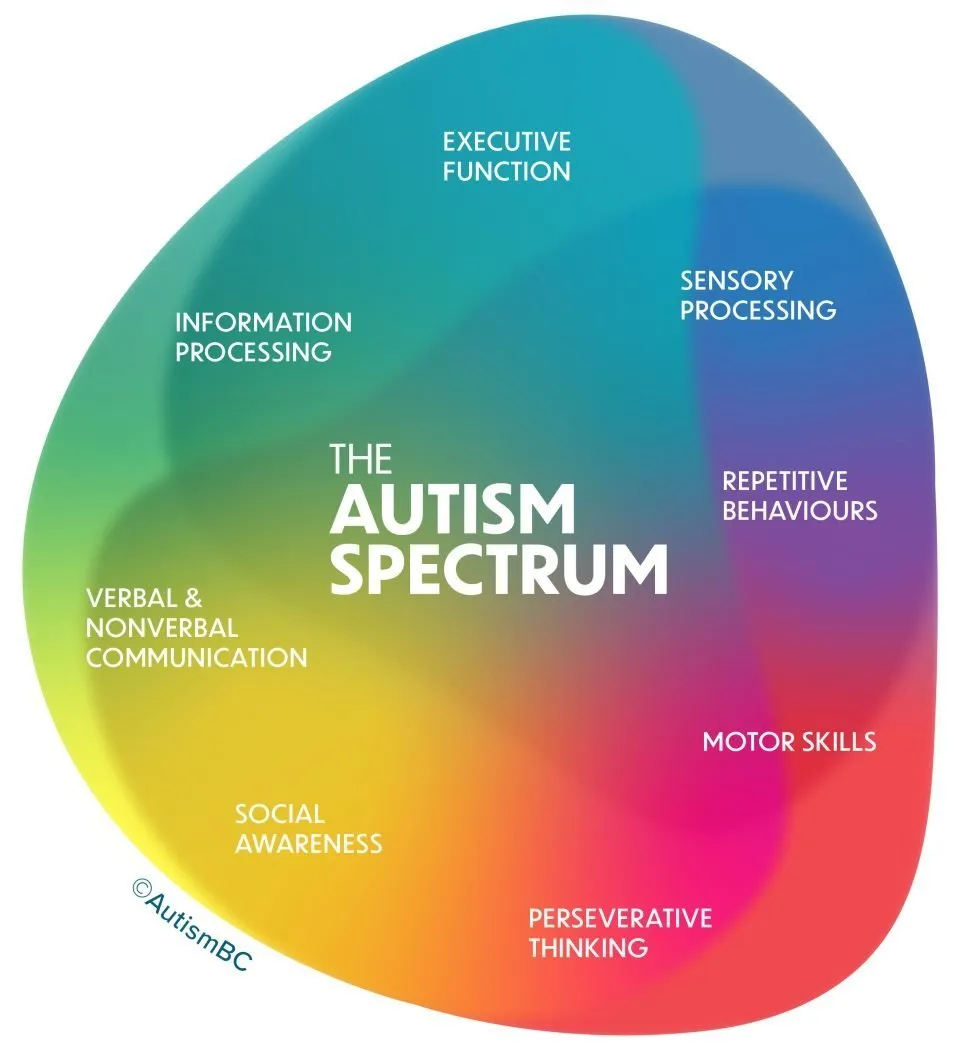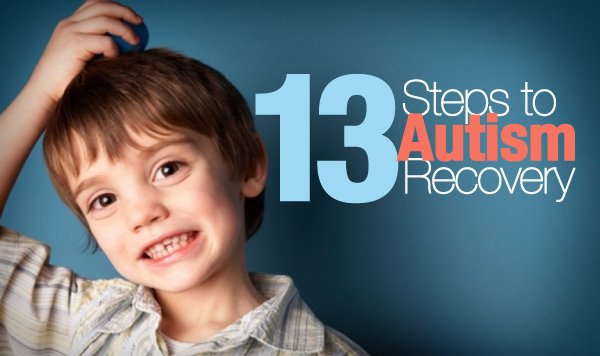Types Of Autism Range Problem
Developing impairments incorporate a varied series of problems that emerge throughout the developmental stage, normally before birth or in early childhood. Some children might not have the ability to work without a great deal of assistance from moms and dads and other caretakers. Others may create social and verbal skills and lead independent lives as adults.
- ASD is identified by problems in social interaction, interaction, and recurring or restricted patterns of habits.The difference in between prevalent growth problem and autism before the DSM-V was a lack of ability to meet all of the requirements for autism.Their distinct viewpoint and analytical thinking can add to ingenious analytic and creative services.
Just How To Diagnose Autism
Similarly, the records of greater than one third of children with ASD were missing intelligence ratings or various other steps of cognitive ability. The completeness and availability of data might add to irregularity across sites, and children who were carried out cognitive tests may vary from those that were not. Second, cognitive capability was determined on the basis of a kid's latest cognitive test or examiner statement of a youngster's cognitive ability. The age at which kids had their most recent test or examiner perception of Autism diagnostic interview cognitive capability varied by site.
Initial Consultation With A Doctor
People at this degree require intensive, ongoing assistance across several facets of daily life. People with PDD-NOS may exhibit obstacles in social interactions, communication, and language development. They might have problem comprehending nonverbal cues, expressing Pervasive developmental disorder feelings, and maintaining reciprocal conversations. PDD-NOS is a heterogeneous condition, indicating that the signs and extent can differ widely amongst individuals.

They have the ability to do this even though they continue to have some difficulty engaging with other people. But they still lag behind in exactly how well they can engage with and understand others. They may not have the ability to check out others' body movement, start a conversation or keep it going, and take turns speaking. Moms and dads commonly say that their kid with ASD prefers to play alone and doesn't make eye contact with other individuals. The association between census-tract-- degree MHI and ASD varied across websites (Number 1). At five websites (Arizona, California, Minnesota, Tennessee, and Utah), a trend of reduced ASD frequency was observed among children staying in census tracts with higher MHIs.
